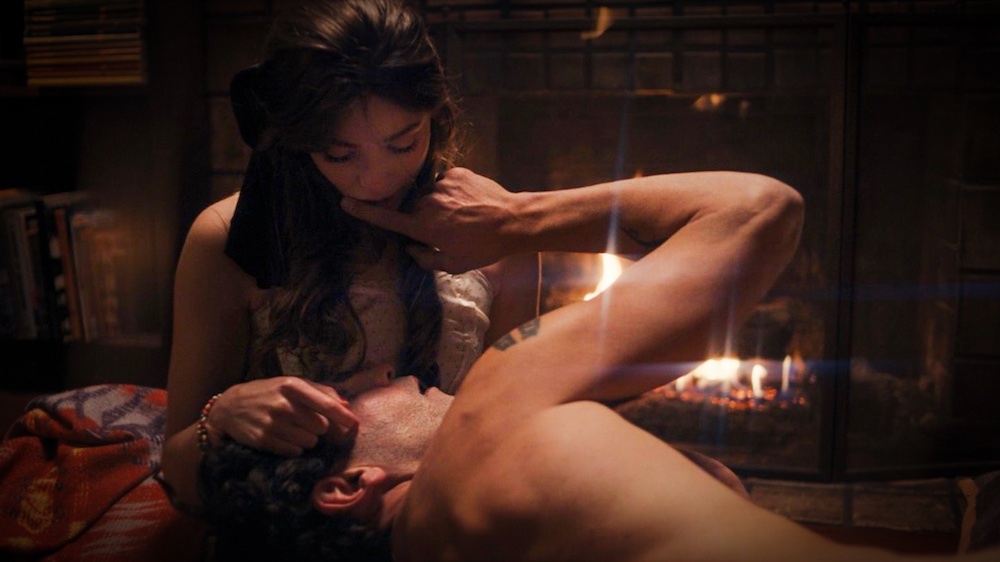 Back to selection
Back to selection
“Find the Story Only You Can Tell and Make It on the Scale You Can Make It” | Lena Dunham, Sharp Stick
 Sharp Stick
Sharp Stick The last two years have prompted much contemplation and reconsideration of the reasons why we make our films as well as the ways in which we make them. What aspect of your filmmaking—whether in your creative process, the way you finance your films, your production methodology or the way you relate to your audience—did you have to reinvent in order to make and complete the film you are bringing to the festival this year?
In March 2020, I was just a few weeks out from production on my first film in 10 years and my first studio film. When it shut down, like so many, I felt crushed and out to sea and needed a place to channel both the personal and collective experience. I was reminded of being part of a group of young filmmakers in New York and not waiting for any form of permission to make our work. The idea of being “greenlit” was unheard of. I realized that after a decade of life in Hollywood I wasn’t taking the advice I always give to young artists: find the story only you can tell and make it on the scale you can make it. That’s how I conceived of Sharp Stick—a story that was small in physical scope but gave actors the chance to tackle some core human concepts. My cinematographer, Ashley Connor, and I really looked at what we had—these confined spaces, these remarkable women—and shot listed within an inch of our lives, finding images that excited us without needing much besides the four walls and the contours of our actors’ faces. That intimacy and intention reminded me why I do this and when I was blessed with the chance to make my studio film a month after production on Sharp Stick wrapped, I felt prepared and aware in entirely new ways.
